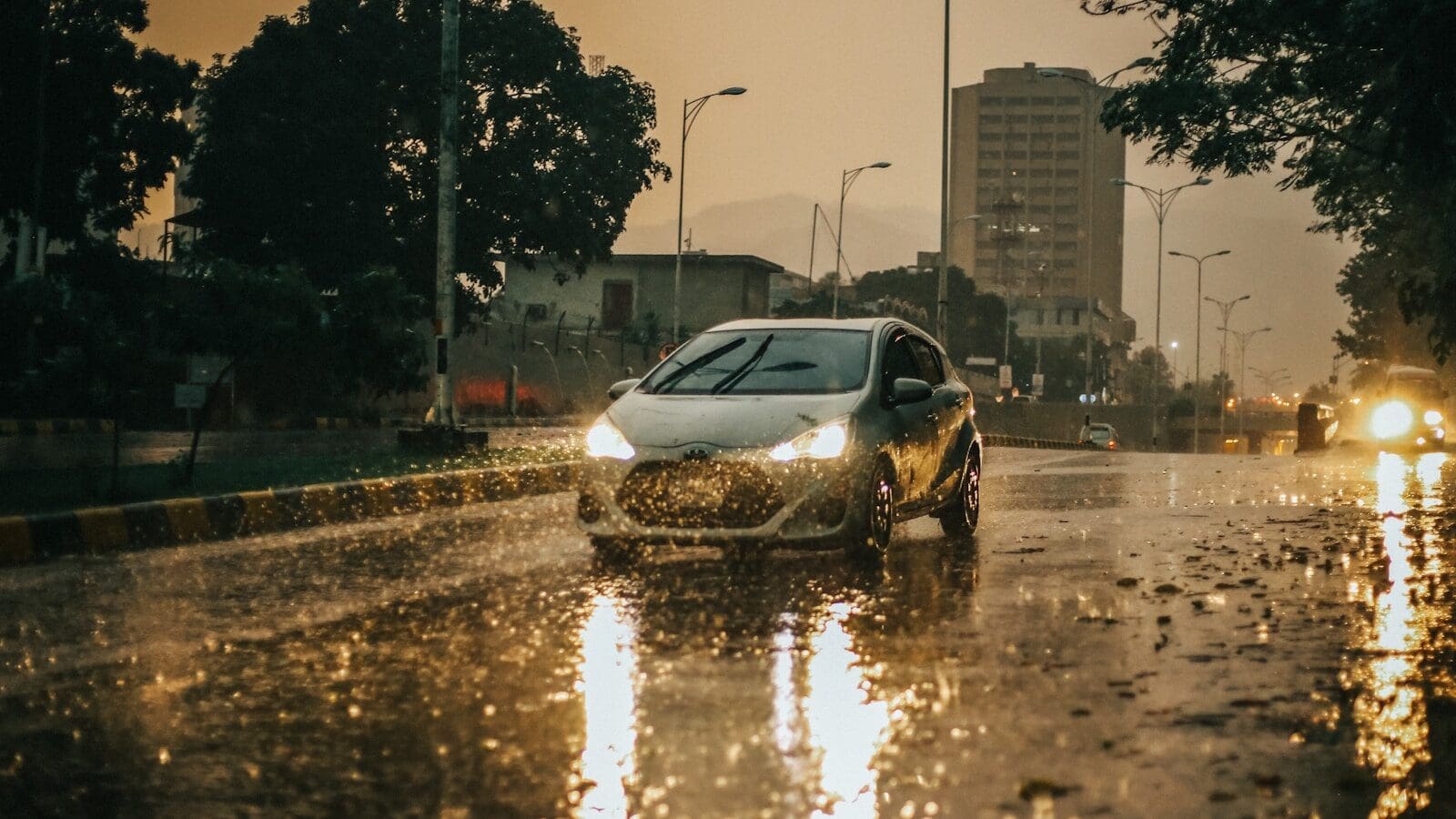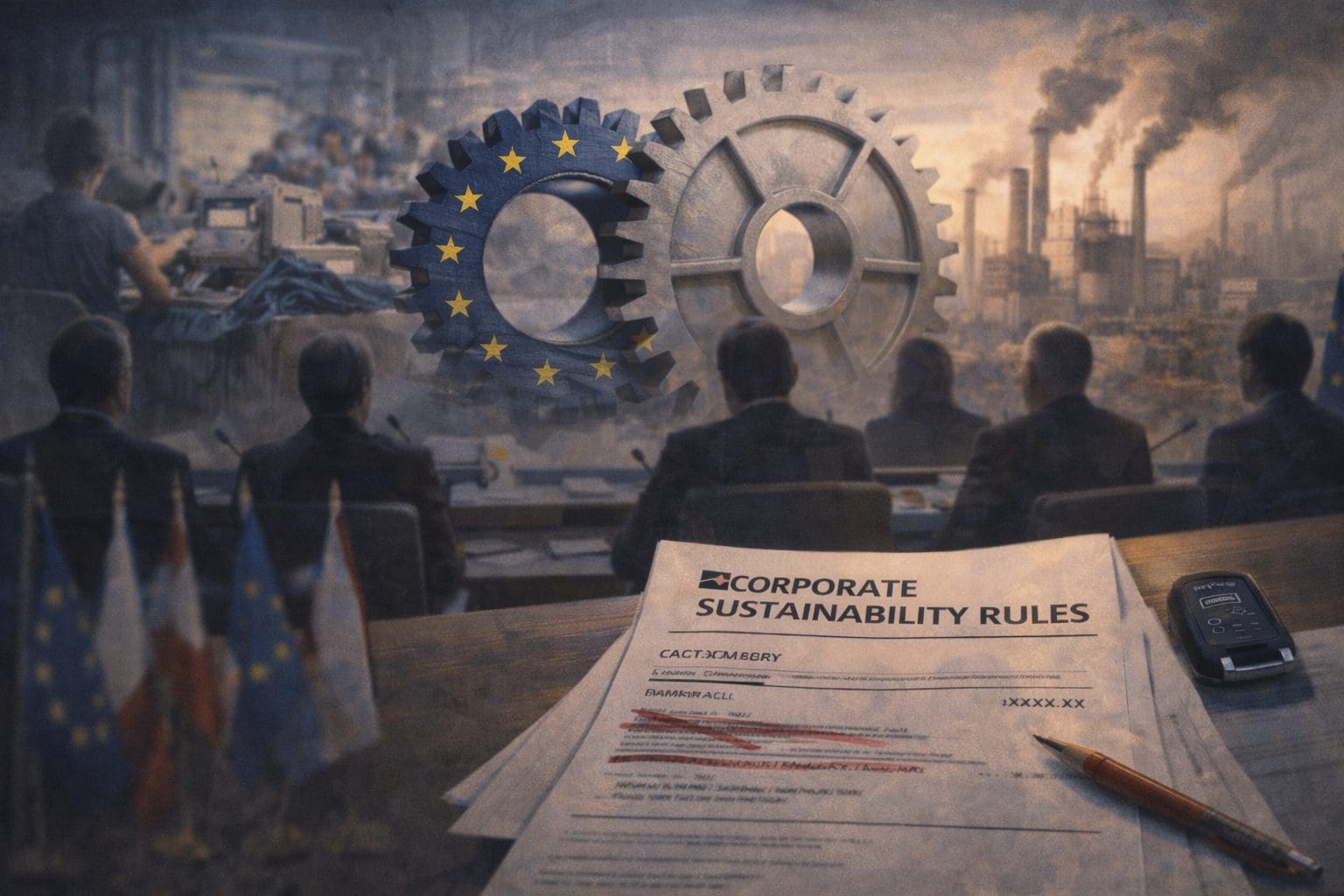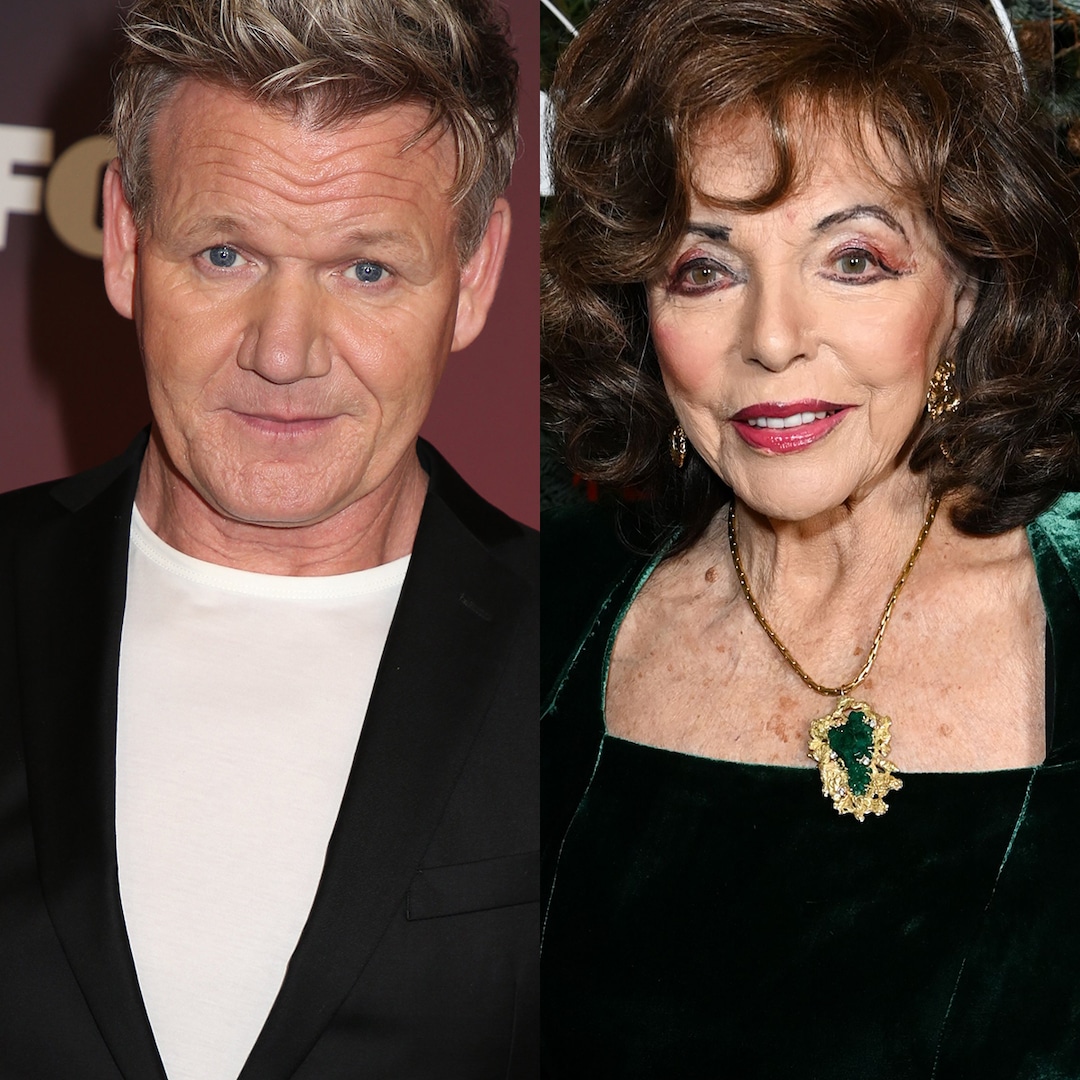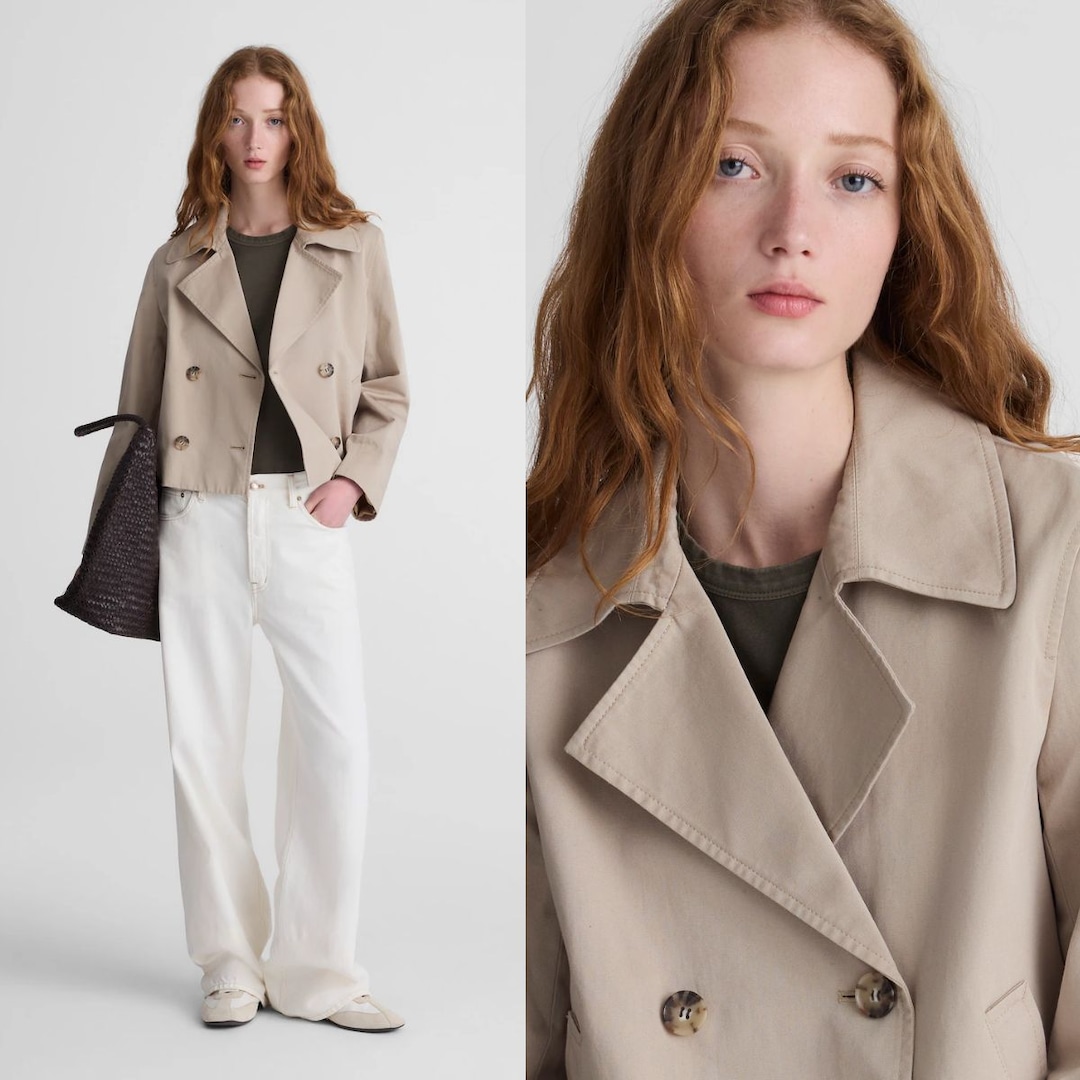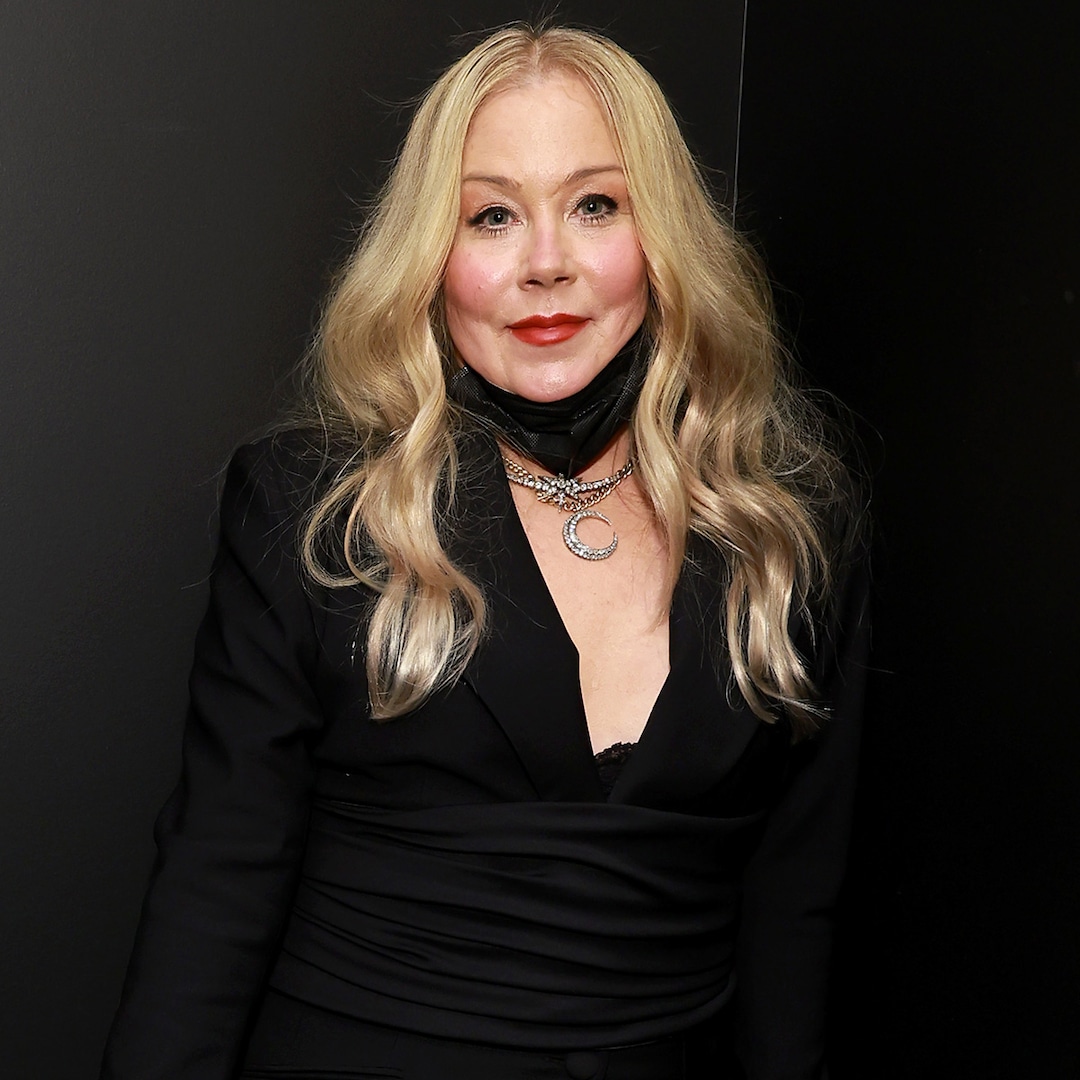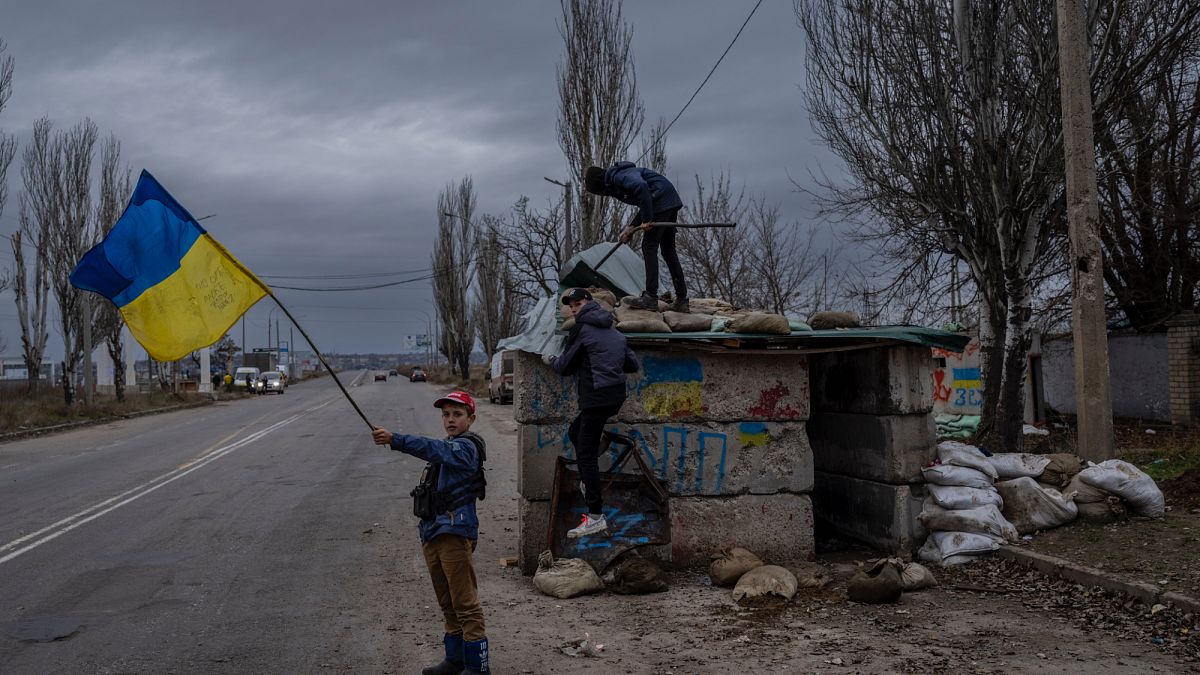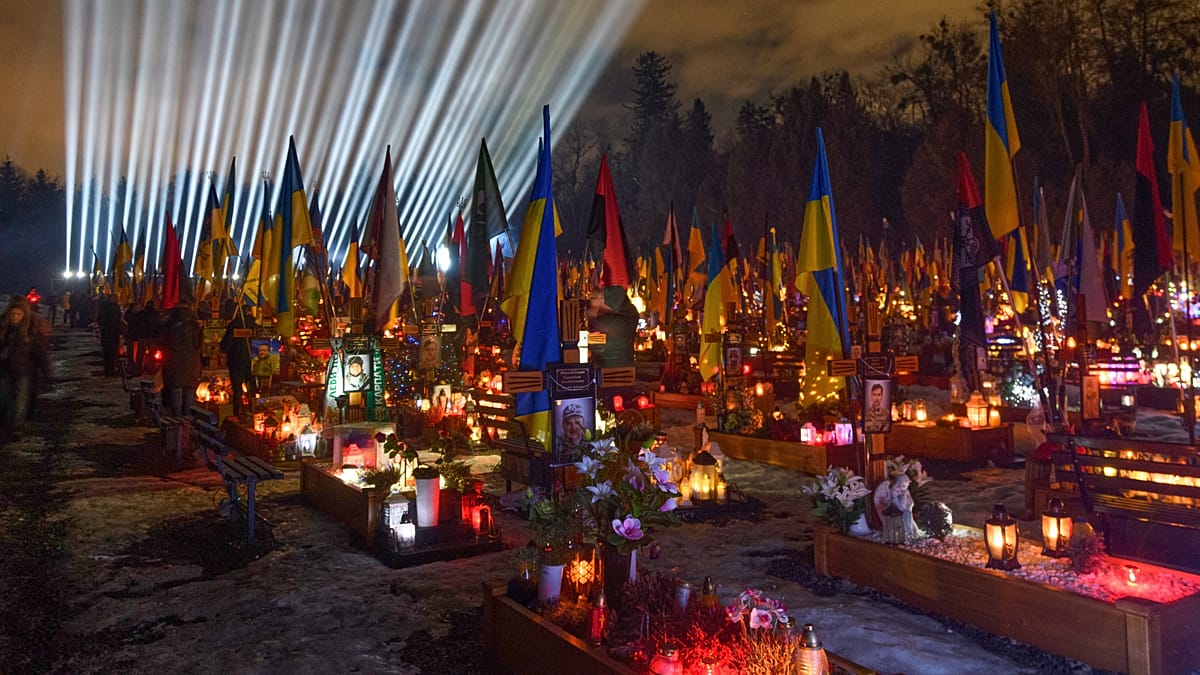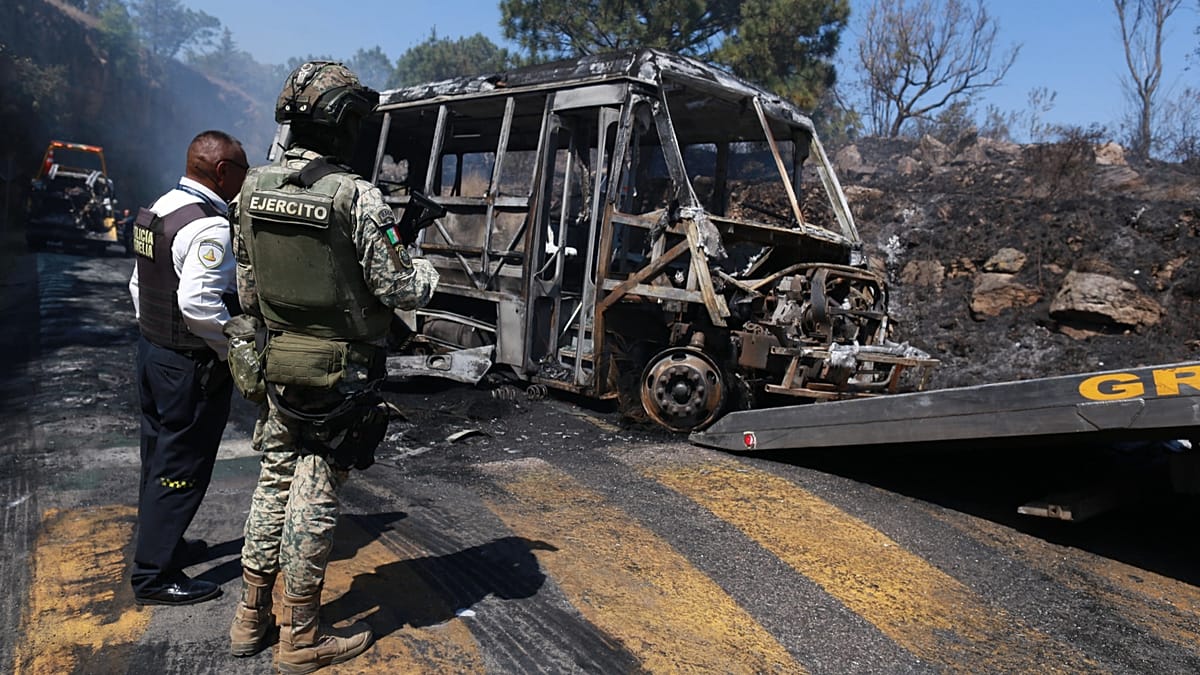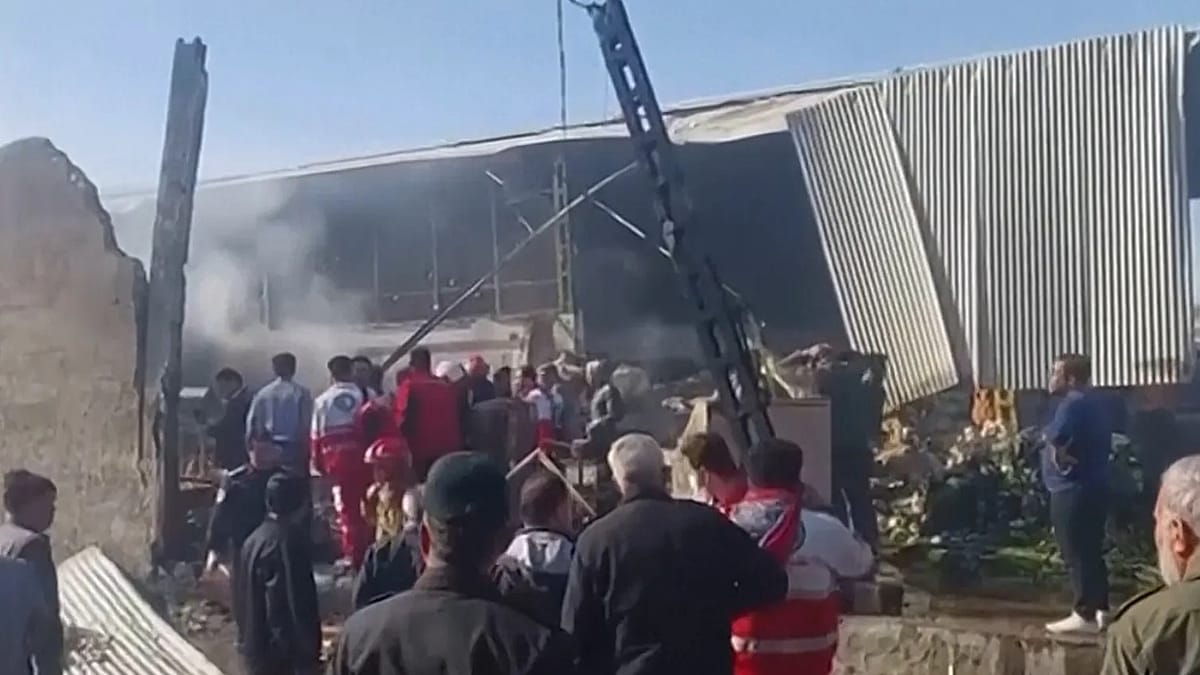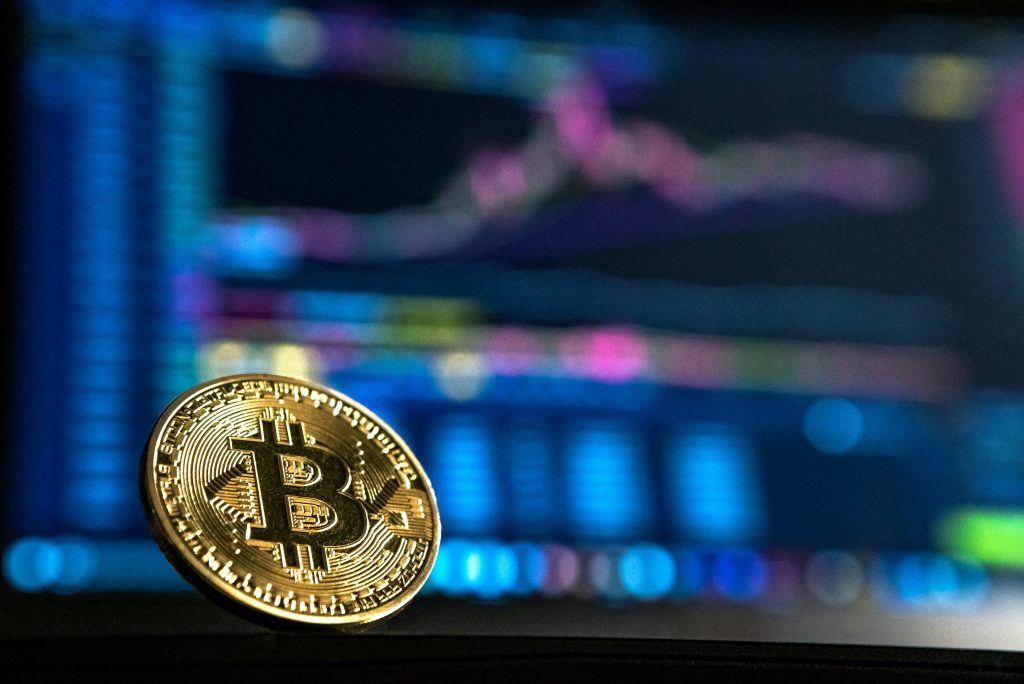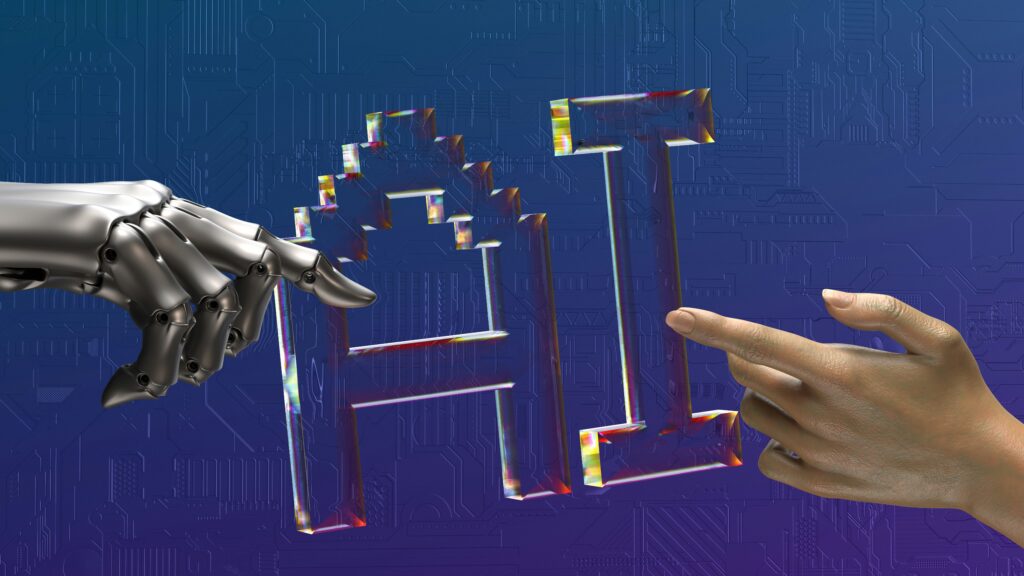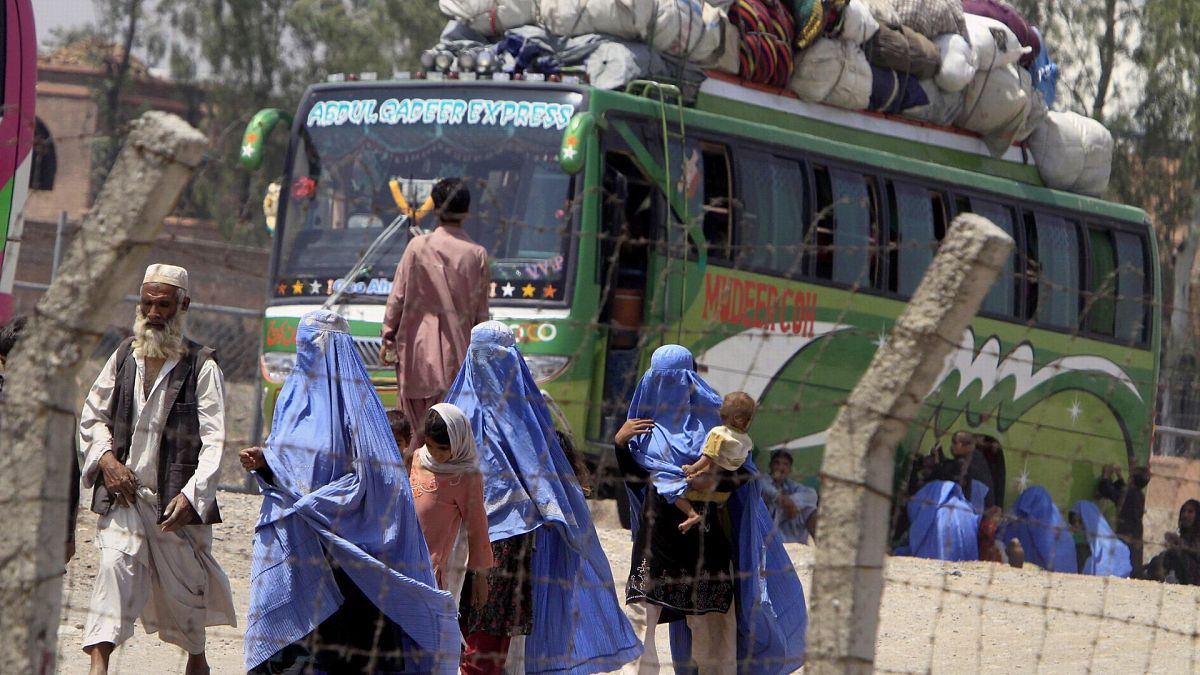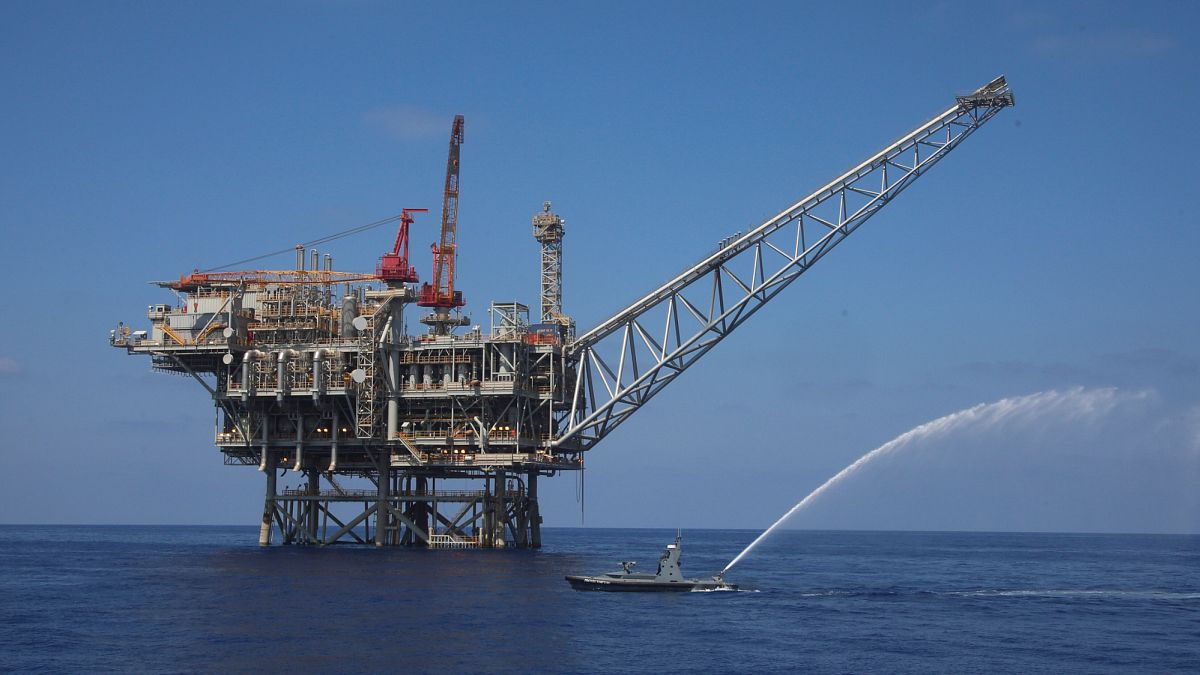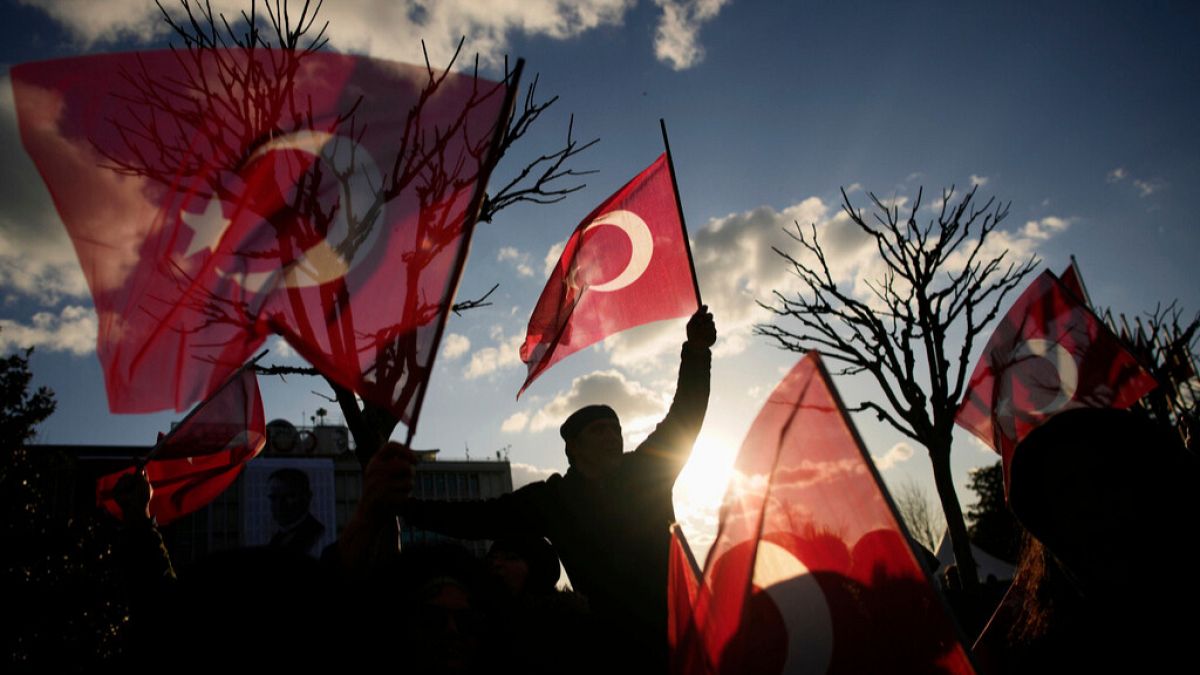Despite Trump’s peace plan, the EU prepares to use Russian funds
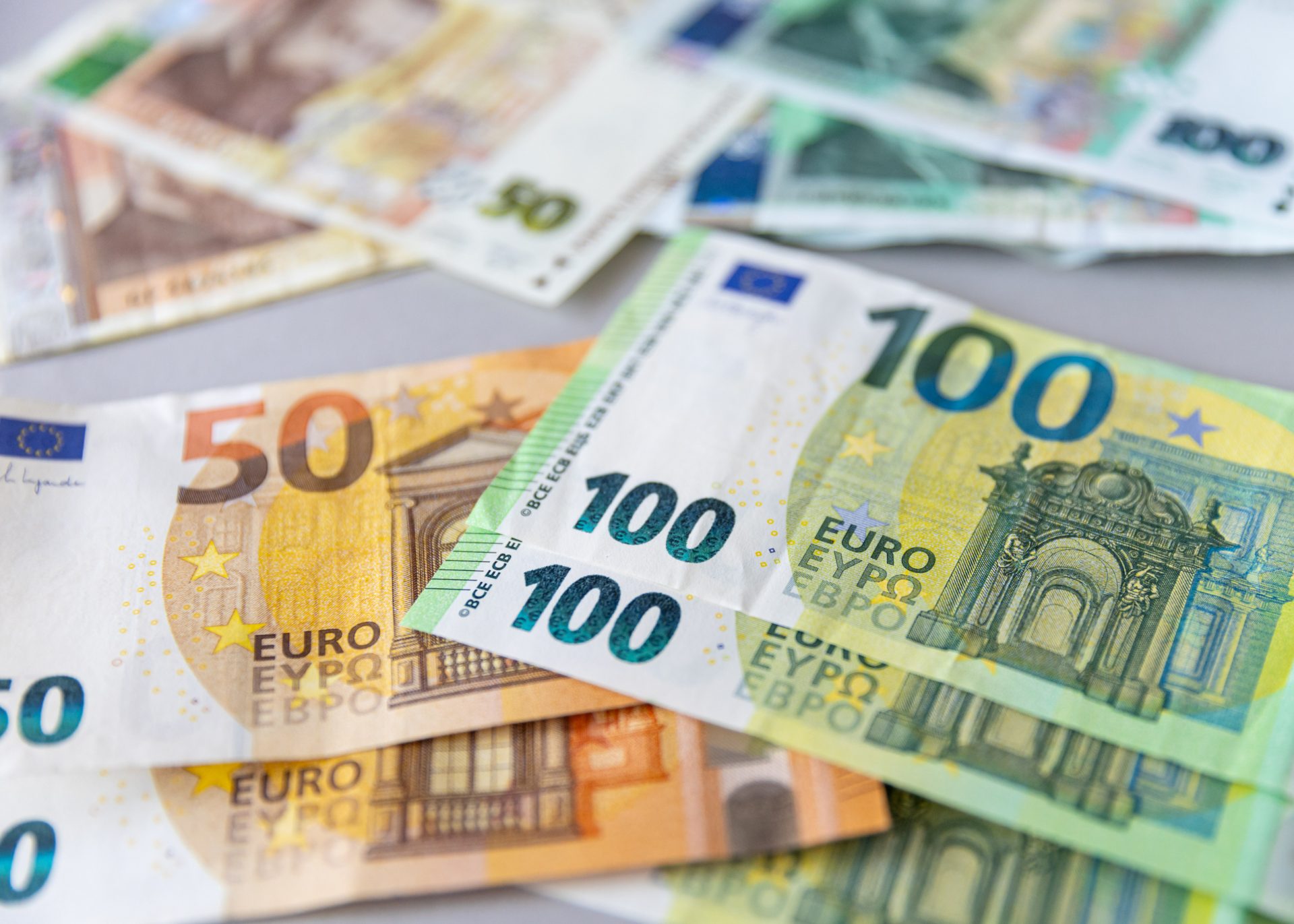
Russia is not really interested in peace.
Therefore, the EU must find money to support Ukraine’s continued fight against the Russian invasion forces, and that money should come from Russia’s frozen assets.
This is stated by the President of the European Commission, Ursula von der Leyen.
In a speech to the European Parliament on Wednesday, von der Leyen confirms that the European Commission is finalizing the legal basis for creating a compensation loan to Ukraine.
The frozen assets have otherwise been part of the 28-point peace plan that U.S. President Donald Trump presented last week.
“At the recent meeting of the European Council, we committed to covering Ukraine’s economic needs for 2026 and 2027. We have presented a proposal with various options in this area. It includes an option regarding frozen Russian assets,” says von der Leyen.
Before Trump’s peace plan was presented, the expectation was that the heads of state and government of EU countries would make the decision to create a “compensation loan” to Ukraine from the frozen assets at the upcoming EU summit in mid-December.
This is the roadmap that von der Leyen intends to follow – despite Trump’s peace negotiations.
“The next step is for the Commission to be ready to present the legal text. To be completely clear: I cannot see a scenario where European taxpayers alone will foot the bill,” says von der Leyen.
However, the plan has faced resistance from Belgium.
The EU country, which hosts the European institutions, is also home to the securities central Euroclear, where the Russian billions are frozen.
Belgium’s Prime Minister, Bart De Wever, is among those concerned that Belgium will end up with the bill if Russia demands the money to be paid out.
Despite Russia’s intense bombardments of Ukraine, there is no legal basis for simply confiscating the money and paying it out to Ukraine.
Therefore, the European Commission has proposed that Ukraine receives a “compensation loan” from the frozen assets.
The loan is to be repaid by Ukraine when the country receives compensation for the destruction during the war from Russia.
However, it is uncertain whether Russia will agree to pay compensation in a peace agreement.
Perhaps in an attempt to alleviate Belgium’s concerns, von der Leyen emphasizes in her speech that all rules will be followed:
“Another thing must also be clear: Any decision in this regard must be made in accordance with the rules of the responsible jurisdictions and must respect European and international law,” says von der Leyen.





